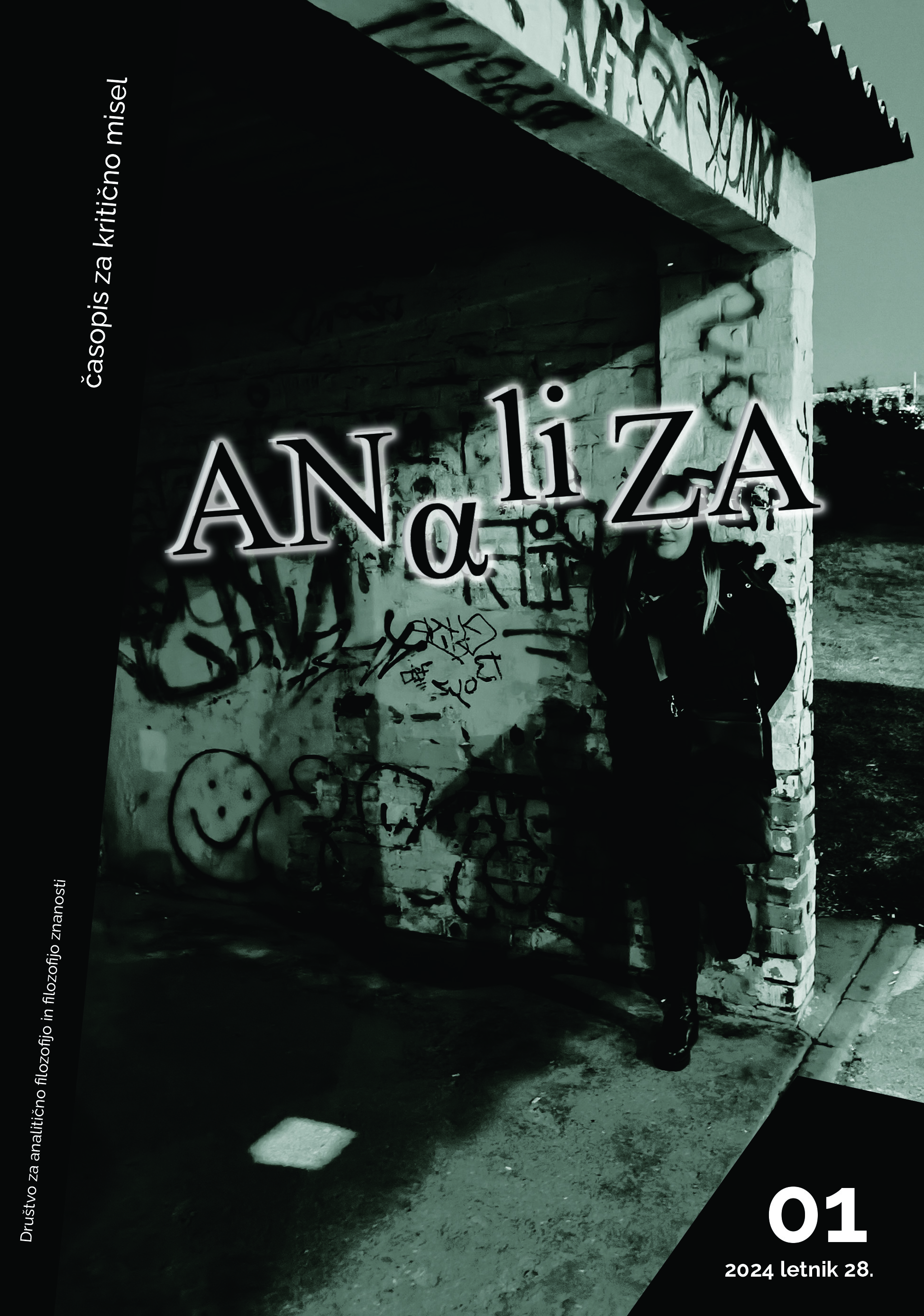Transcendentno v filmski izkušnji
Ključne besede:
transcendenca, imanenca, sveto, film, fenomenologijaPovzetek
Na podlagi teorije konceptualnih metafor bomo predstavili idejo Boga in božanskega kot koncept, pri čemer se bomo navezali na to, kako filmska umetnost upodablja in obravnava duhovne ali religiozne tematike. Poleg omembe tradicionalnih metafor se bomo osredotočili na koncept transcendence kot izkustva preseganja vsakdanje zaznave in razumevanja sveta. Raziskovali bom fenomenološko razmerje med imanenco in transcendenco predvsem v relaciji do tega, kako filmi poskušajo upodobiti izkušnjo ekstatičnosti in drugosti ter ustvariti doživetja, ki presegajo racionalno razumevanje. Ker filmska umetnost ni odvisna zgolj od verbalnega izražanja, temveč v veliki meri od čutnega in emocionalnega odziva gledalca, je tukaj še posebej zanimiva, ker ji uspe prebiti meje racionalnega diskurza in omogočiti dostop do izkušenj, ki jih običajno povezujemo z religijo in duhovnostjo. Opisali bomo nekaj možnih strategij, s katerimi filmi na gledalčevem živem telesu vzbudijo pomen in smisel transcendentnega ter preučili, kako film postane sredstvo za izražanje neizrekljivega – tiste (božanske) resničnosti, ki je onkraj jezika.
Prenosi
